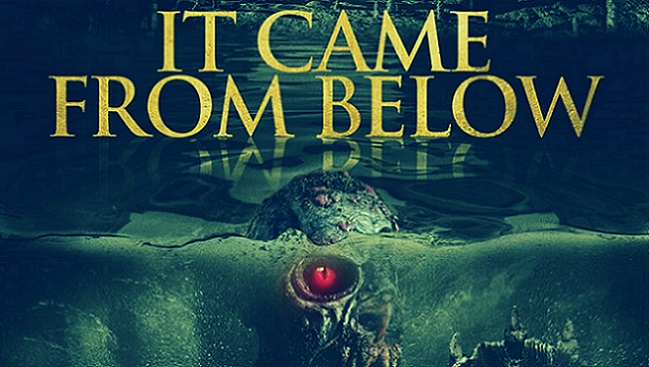Roman Polanski’s The Pianist is a haunting, autobiographically tinged depiction of survival and loss. Based on Władysław Szpilman’s memoir, the film spans his life as a celebrated Polish pianist who endures the horrors of the Holocaust in Nazi-occupied Warsaw.
-
Adrien Brody delivers a powerhouse performance as Szpilman—his physical and emotional transformation won him the Academy Award for Best Actor, making him the youngest ever recipient in that category
-
The role captures a man reduced to skeletal survival, haunted yet dignified—a portrayal that director Polanski said was informed by his own childhood trauma .
-
Polanski—a Holocaust survivor himself—directs with visceral restraint, avoiding melodrama and letting the brutality of events speak for themselves .
-
Cinematographer Paweł Edelman uses muted palettes and tight framing to immerse viewers in Szpilman’s collapse—from busy streets to desolate hiding-places
-
He recreates Warsaw’s descent into ruin with brutal honesty—only revealing the wider devastation in a single, wrenching crane shot when Soviet troops liberate the city .
-
Chopin’s music is woven into the very fabric of the film—it’s Szpilman’s identity, coping mechanism, and final lifeline. One iconic scene shows him playing the piano for a German officer, an act that spares his life
-
The music underscores Szpilman’s internal world and Polanski’s deeply personal engagement with trauma-induced memory
-
Universally acclaimed, The Pianist swept major critics’ awards—winning Best Picture, Director, Actor, and Screenplay from the National Society of Film Critics
-
It took home the Palme d’Or at Cannes, three Oscars (Director, Actor, Adapted Screenplay), and numerous BAFTAs and Césars—totaling 47 wins from around 100 nominations
Strengths:
-
Raw, unflinching portrayal of survival under the Holocaust’s brutal machinery
-
Emotional subtlety: Szpilman’s trauma is internalized—every glance, every silence resonates .
-
Music isn’t just soundtrack—it’s narration, memory, and method of survival .
Minor critiques:
-
Some viewers feel the film’s latter half slows as it focuses on long periods of hiding, though many argue this silence is purposeful, embodying existential dread
Reddit viewers express the film’s impact:
“The movie is the real life story… nothing prepared me for what is shown… pure unadulterated reality of the Nazi horrors”
“Adrien Brody is amazing… that scene where Szpilman plays the piano for the German officer was such an impactful scene… ‘His body was broken, but the fire in his soul remained.’”
These reflections highlight the film’s ability to leave viewers both shocked and moved.
The Pianist is more than historical drama—it is a masterpiece of cinema. Roman Polanski’s firsthand connection to the material brings an unvarnished authenticity; Adrien Brody’s transformative performance radiates quiet resilience and anguish.
This cinematic requiem for a lost world and a broken man is essential viewing—its echoes linger long after the credits roll.
Rating: 9.5 / 10
For those who value cinema with moral weight, historical truth, and emotional intensity, The Pianist offers an unforgettable portrayal of art, survival, and humanity.




